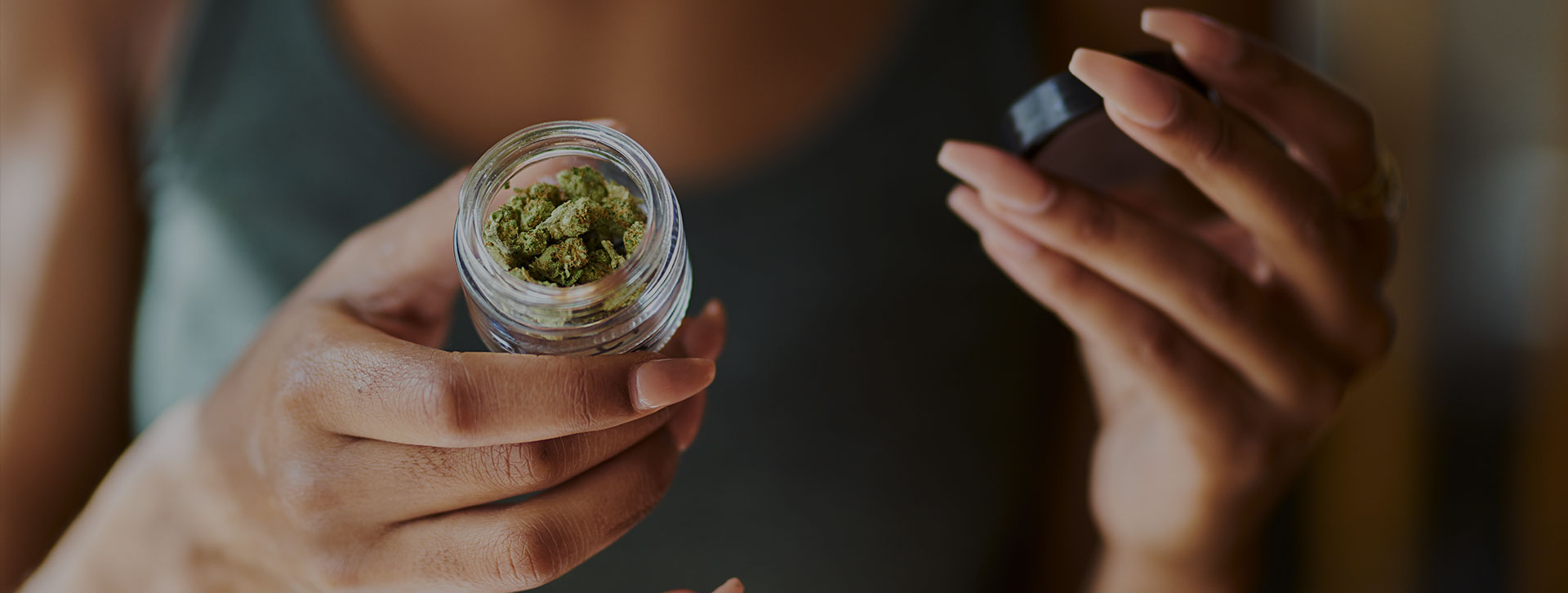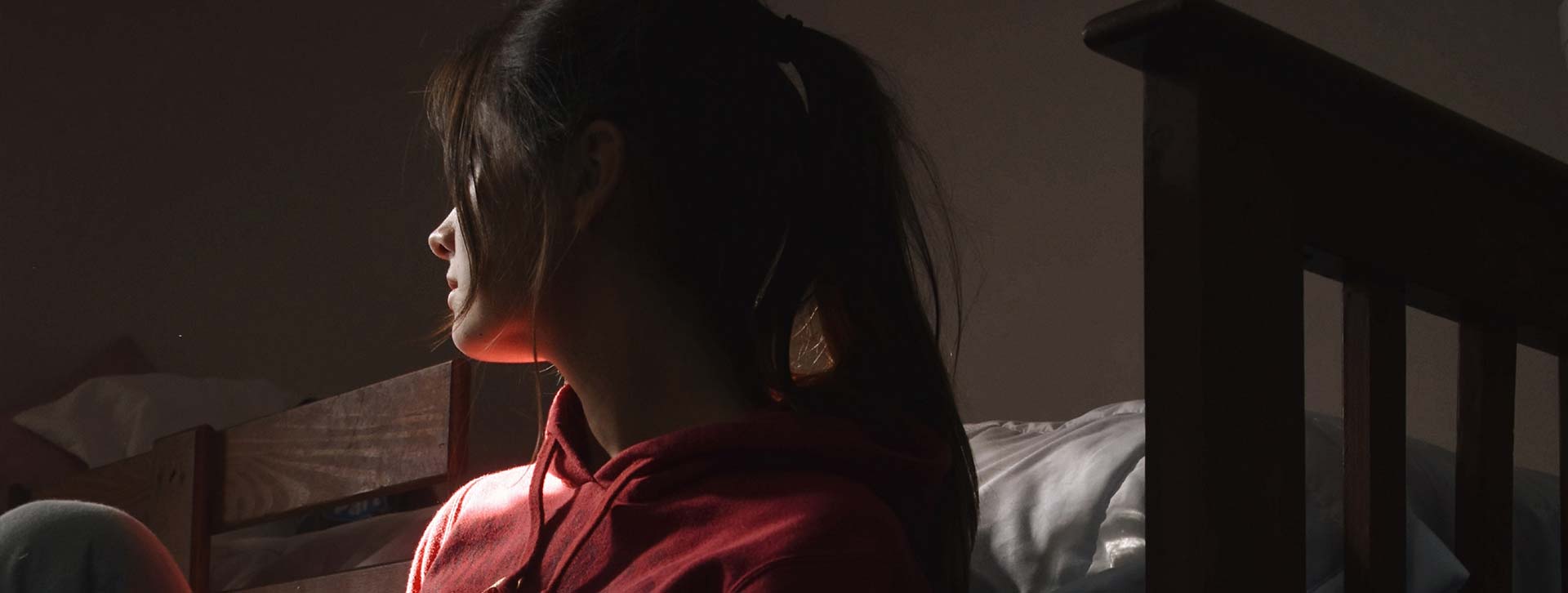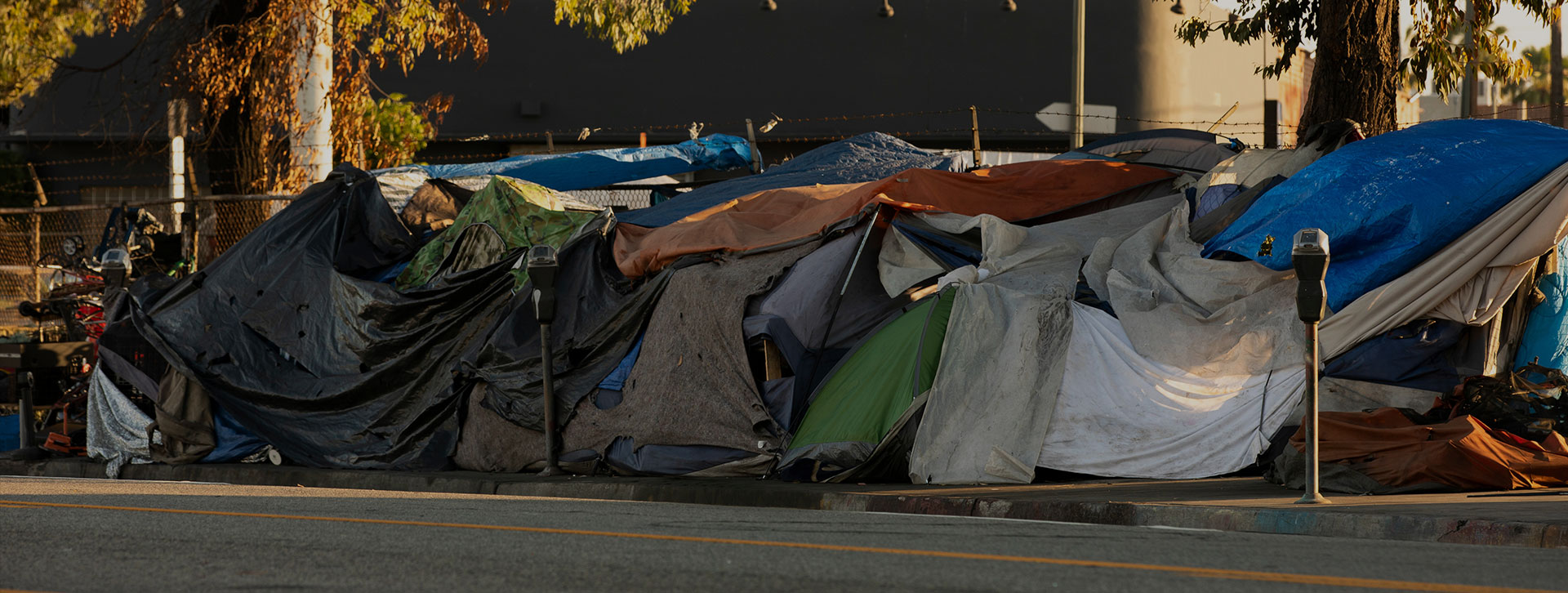Is your relationship with your parents so unhealthy that it harms your mental, emotional, and physical health?
Have you been thinking of cutting the ties with them, or do you think there is still hope to repair the damage done?
Toxic relationships can be damaging, especially to our closest family members. Our parents were our guides, providers, and confidants when we were children. We looked up to them for advice and support. Unfortunately, many people struggle in their relationship with their parents as they get older.
Enforcing boundaries is necessary for any healthy relationship; however, sometimes, this does not help because of deeply ingrained problems between parent and child. These toxic relationships have far-reaching effects on physical and psychological health, which may lead some people to consider severing ties with their families.
When it comes to toxic relationships with parents, it’s important to remember that you are not alone. Many struggle in their relationship with their parents and feel they have no choice but to cut ties. It can be challenging to make this decision, especially if you still care for your parent or want to maintain a relationship with them. However, if the toxicity is too much and the relationship is causing you more harm than good, it may be time to consider cutting ties.
It can be challenging to accept that you may need to cut ties with your parents, especially if they are the only family you have. However, in some cases, it may be necessary for your own mental health and well-being. Here are a few signs that can indicate when it might be time to make the hard decision to end a toxic relationship with your parents:
Your parent is constantly blaming and criticizing you.
If your parent constantly blames and attacks you, it can signify a toxic relationship. Fixing a relationship that has become this way over time can be challenging. However, it might be possible to improve the situation if both parties are willing to put in the effort. If your parent’s behavior is persistent and causing you pain, it might be necessary to take steps.
You feel a sense of shame and guilt around them.
It can be tough to recognize when a relationship with a parent has become so toxic that cutting ties is the best option. You may feel immense guilt, shame, and profound responsibility for making it work. It’s important to remember that even if you both love each other, there may come a time when it is healthier for both of you to go your separate ways.
They refuse to acknowledge your successes or accept responsibility for their mistakes.
When your parent refuses to acknowledge your accomplishments or accept responsibility for their errors, it can create a highly toxic relationship. This behavior often leads to resentment and bitterness, which can be challenging to move past. Remember that you cannot change anyone else’s behavior except yours. While accepting that your parent won’t recognize your accomplishments or take responsibility for mistakes may be hard, you can still choose to move on from the relationship.
They make mean-spirited comments or use manipulative tactics to control you.
If your relationship with your parent is so toxic that they make mean-spirited comments or use manipulative tactics to control you, it may be time to consider cutting ties. Unhealthy relationships can cause stress, anxiety, and depression, leaving you feeling drained and resentful. You don’t owe anyone your loyalty if the relationship is hurting you.
The relationship is filled with tension, hostility, and fear.
In a strained parent-child relationship, negative emotions such as stress, hatred, and anxiety may lead to feelings of inadequacy and constant criticism. They might constantly criticize and belittle you harshly. Your parent may be unwilling to listen to any attempts at dialogue, instead resorting to angry outbursts.
Your parent consistently insults you or creates an environment where you feel like you’re walking on eggshells.
Experiencing this may negatively affect mental health and well-being, including chronic stress, anxiety, and depression. Prolonged feelings of fear and uncertainty can produce stress hormones in the body, which can negatively impact both physical and mental health, ultimately affecting one’s sense of security. Persistent feelings of danger or threat can negatively affect one’s sleep, relationships, and overall well-being, making it difficult to relax and feel secure. Furthermore, it has been found to impact mental health and may elevate the risk of developing physical health complications such as heart disease or high blood pressure.
7. You can’t be yourself when you’re around them. Connecting with your parents is hard if you can’t express yourself. If your relationship with your parent is toxic and harmful to your well-being, it’s time to consider ending it. Assuming a false identity can negatively affect your mental health, including disconnection from your true self, isolation, and loneliness. Tell your parents how you feel and what you need.
They ignore your limits and decisions.
According to experts, a child should not be forced into maintaining a relationship with a parent who disregards their boundaries or decisions. When a parent consistently ignores their child’s choices and personal space, it is necessary to take action to resolve the issue. Initiate a conversation with them and articulate your thoughts about their actions. Ask them to respect your requests and limitations.
If your parent constantly belittles, makes you feel worthless, or is controlling or manipulative, it’s time to take action and reevaluate the relationship. A toxic relationship with your parents can seriously affect your mental health and well-being, and it is crucial to prioritize your own needs and safety.
If you find yourself in an unhealthy relationship with your parents, it may be necessary to evaluate the situation and potentially decide to separate. Before deciding, consider the relationship and examine choices; it is a big decision and should not be taken lightly. Remember that you are not alone and that resources are available to help you through this difficult time. You may want to talk to a professional therapist or counselor who can help you sort through your feelings and decide the best course of action. They can also provide support and help you cope with the decision. Cutting ties with your parents doesn’t have to be a permanent decision; you can always reach out and try to repair the relationship in the future if you feel it is safe and healthy for both of you. It’s also important to remember that cutting ties does not mean you must completely erase your parent from your life.
If you need help navigating this difficult situation, The Ness Center offers outpatient therapy services to help individuals work through their issues and find the best path forward. Our experienced therapists can guide and support you. When navigating an unhealthy relationship with your parents, deciding whether or not to cut ties is often complex and emotionally charged. It’s important to remember that you always have the right to prioritize your mental health, safety, and well-being over any other relationship — including the one with your parents.
 Blog
Blog








